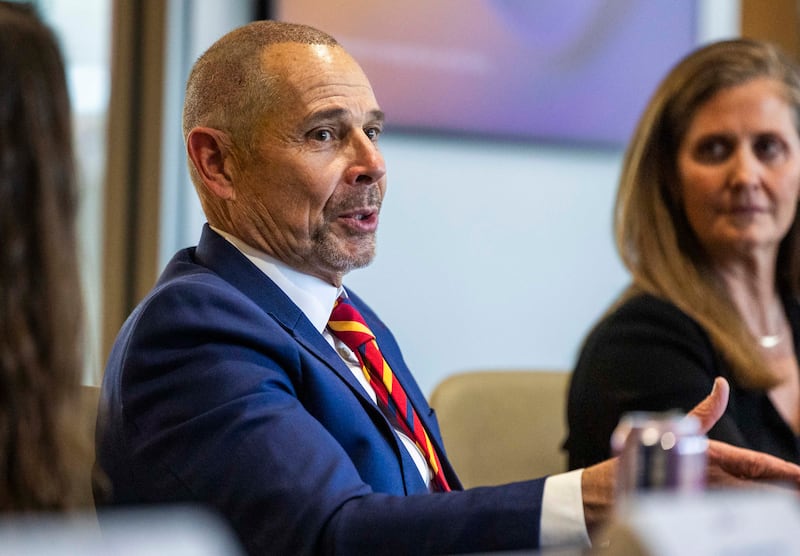Senate EPA Rule Air Pollution Rollback: What It Means for Public Health and Industry
The recent Senate EPA rule air pollution rollback has sparked significant national debate. This pivotal decision affects not only environmental regulations but also the future of American industry and public health. Understanding what it means—and the controversy behind it—is crucial for anyone concerned with clean air and environmental protections.
What Happened in the Senate?
On May 1, 2025, the U.S. Senate passed a resolution to overturn an Environmental Protection Agency (EPA) rule designed to limit seven of the most hazardous air pollutants. This rule, originally finalized under the Biden administration in 2024, was aimed at closing loopholes that allowed major industrial facilities to relax their pollution controls (CBS News).
The Once In, Always In policy required facilities classified as "major sources" to maintain strict pollution controls, even if they managed to reduce emissions significantly. The rollback, led by Senator John Curtis of Utah, is the first time in the Clean Air Act’s 55-year history that Congress has moved to weaken the law's power (Deseret News).
Implications for Industry and the Environment
Supporters of the rollback, including many manufacturers and energy producers, argue that the original EPA rule discouraged companies from investing in cleaner technologies. Senator Curtis stated, "If you clean up, you get credit for it." The rollback allows companies to be reclassified and reduces what many call unnecessary red tape for those who make environmental improvements (Deseret News).
Organizations like the National Association of Manufacturers claimed the rule was "burdensome" and held back economic growth. They believe that more flexible regulations will boost innovation and cleaner industrial practices.
Concerns Raised by Environmental Groups
Environmental advocates strongly opposed the Senate EPA rule air pollution rollback. Groups such as Mom’s Clean Air Force and the Environmental Protection Network warned that eliminating the rule could allow thousands of major polluters to release toxic substances like mercury, dioxins, and PCBs. These chemicals are linked to cancer, birth defects, and neurological damage—posing a serious risk to public health (CBS News).
A Biden-era EPA statement emphasized that maintaining strict controls prevents facilities from increasing harmful emissions after being reclassified. Many believe that rolling back the protections will disproportionately impact vulnerable communities living near industrial sites.
What’s Next for the Clean Air Act?
Following the Senate's vote, the resolution moves to the House of Representatives, where a similar outcome is expected. If enacted, this rollback will reshape how America manages hazardous air pollutants and could set a new precedent for future environmental deregulation efforts.
For more detailed coverage on the legislative process and reactions, visit Deseret News and CBS News.
Conclusion
The Senate EPA rule air pollution rollback is a landmark decision with far-reaching consequences. While some hail it as a move toward regulatory flexibility and industrial progress, others fear it could undo hard-won protections for clean air and public health. As this issue continues to unfold, staying informed is essential for understanding its impact on your community and environment.
